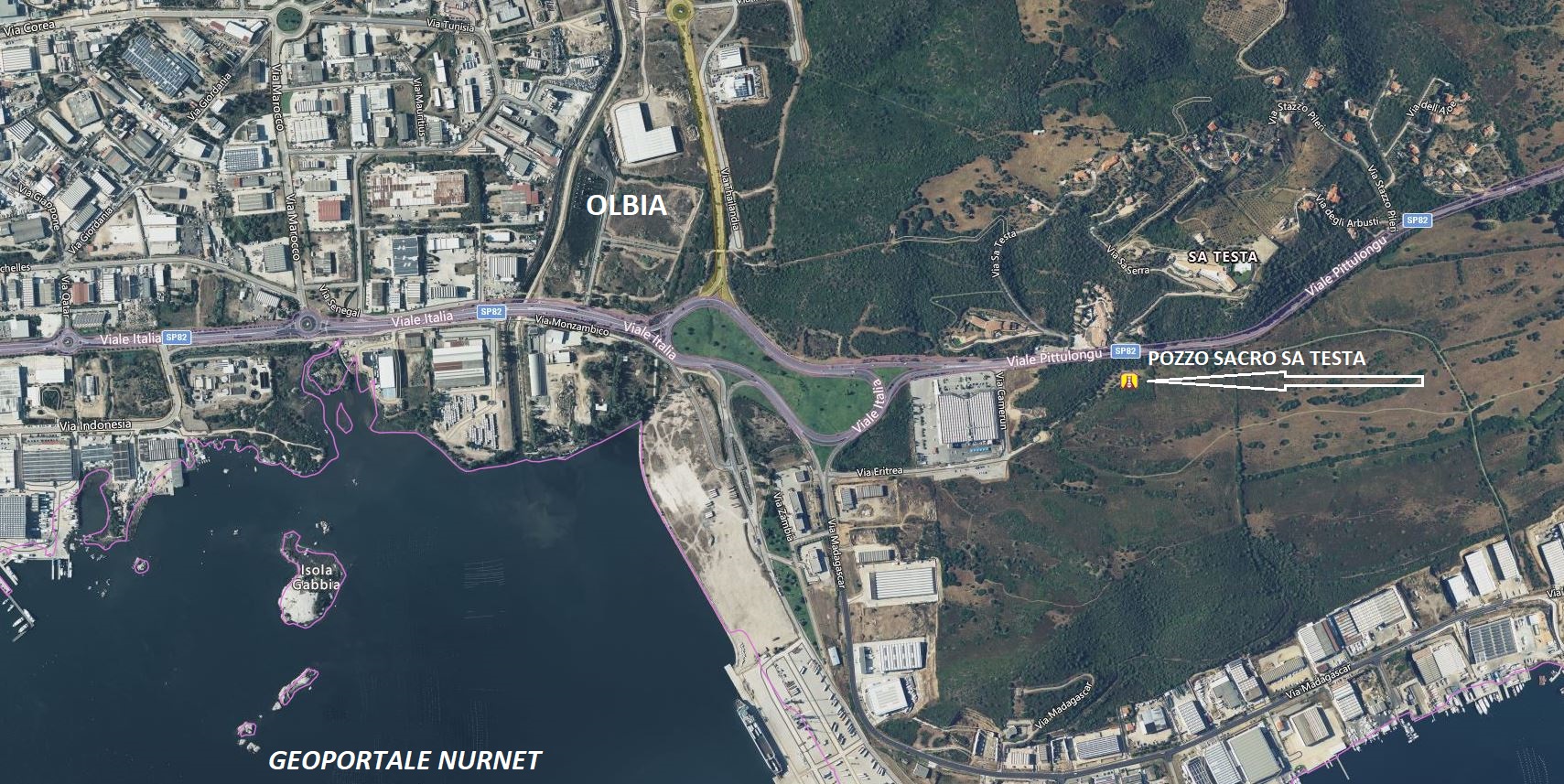The sacred well Sa Testa, in Olbia, is “one of the most characteristic monuments of the Nuragic civilization in Gallura, in the north-eastern part of Sardinia: a sacred well where rituals of the water cult took place.
It was brought to light in the 1930s during the search for a water source. Not by chance, the sacred wellthe Headwas a chosen place by the Nuragic civilization that inhabited the Gallura region to honor the deities of water. Today it represents a significant attraction for archaeology enthusiasts and, in particular, for those interested in Nuragic culture. The ancient sanctuary, dating from the 15th to the 13th century B.C., stands at the exit of the town of Olbia and features a structure just under eighteen meters long, made of granite, trachyte, and schist, cut into carefully worked blocks. The external plan recalls the shape of a keyhole, symbolizing a door between the world of the living and that of the dead. The structure consists of a circular courtyard, a vestibule, a small connecting room between the courtyard and the well, and the steps that lead to the well itself.
The circular-shaped garden area, which you will access through an entrance to the north, was dedicated to the collective rites of the water cult. The door opens onto 17 steps leading to the perennial spring that flows from the depths of the earth. The well is accessed through a pavement of schist slabs with, in the middle, an entrance channel that brings water from the outside to the steps of the well. The well is partially covered by lintels. Its most underground part, namely a circular chamber almost seven meters high, where water collects, is covered instead with a false dome (atholos). Within the sacred area, important artifacts were discovered, including some jewelry and a small dagger with a bronze hilt, part of a statuette perhaps embedded in the stone blocks.
The photos of the sacred well Sa Testa are by: Gianni Sirigu, Francesca Cossu, Giovanni Sotgiu, Andrea Vitussi, and Peppino Carrone.










